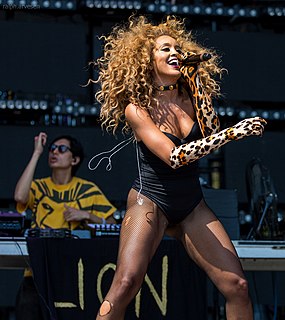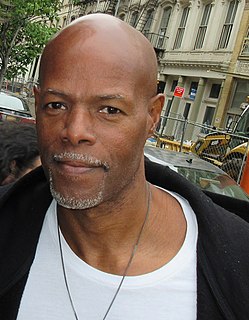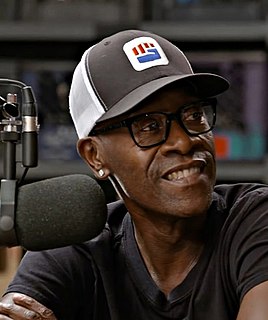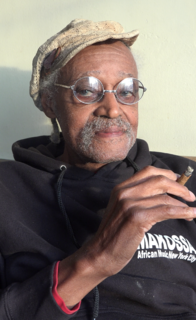A Quote by Michael Jai White
There's people saying that 'Jackie Brown' was a blaxploitation movie, when there's nothing at all blaxploitation about it other than Pam Grier being in it.
Related Quotes
I lived right on the borderline of a black neighborhood. So I could go into the black area and then there'd be these ghetto theaters that you could actually see the new kung fu movie or the new blaxploitation movie or the new horror film or whatever. And then there was also, if you went just a little further away, there was actually a little art house cinema. So I could actually see, you know, French movies or Italian movies, when they came out.

































